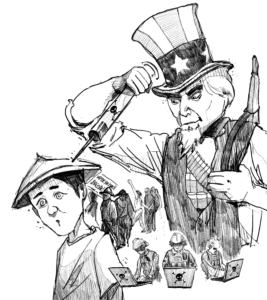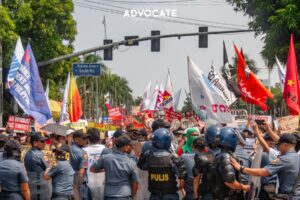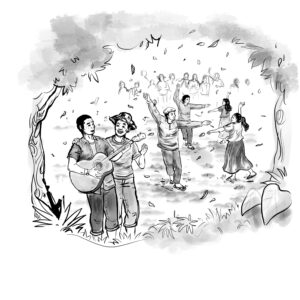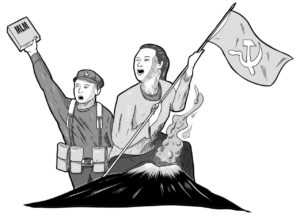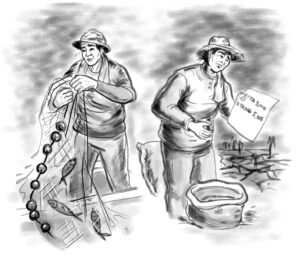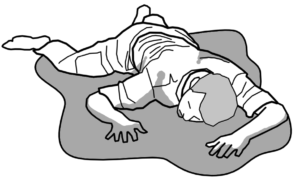Divorced, but still united

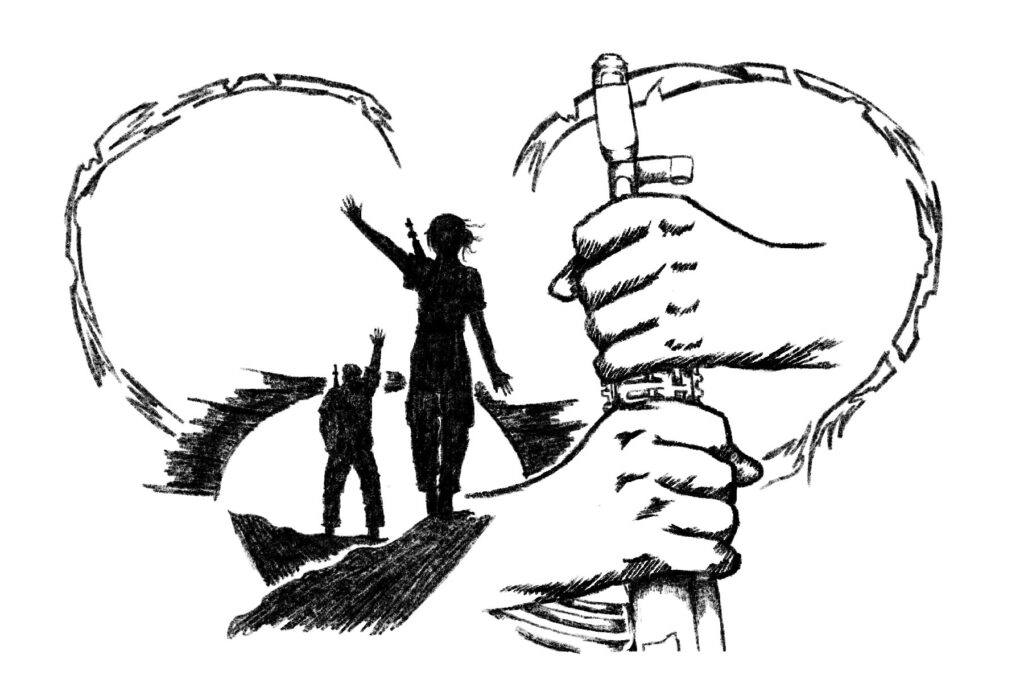
The issue of divorce came up again recently after Congress approved a bill legalizing it in the Philippines. Unlike annulment and legal separation, the legal option of divorce is to dissolve the marriage, reverting the couple to “single” status and allowing them to marry someone else.
Divorce is already legal worldwide, except for the Philippines and the Vatican City. Divorce is widely recognized as a right of women to obtain justice, especially in cases of domestic violence, marriage between minors and financial slavery. It gives women the legal option to leave oppressive and repressive unions, gain financial independence and challenge the patriarchal order which consider them property of their spouses.
Although not legally accepted, separation in the Philippines is a common reality or objective condition among the people. This is because social rottenness prevails creating the conditions for marital separation.
The arguments against divorce are utterly weak, if not ridiculous. In many countries, religion did not hinder recognition of the need to legislate it to guide separations and ensure the rights and well-being of all involved.
Within the revolutionary movement, divorce is recognized as a right under the guidelines governing marriage. These principles cover relationships between men and women, and between same-sex individuals. This recognition stems from the dialectical materialist view that things change, including the relationship within a marriage. It also recognizes the existing fact of oppressive, unfair and abusive relationships, as well as the possibility that love and trust are lost between spouses.
Revolutionaries establish and develop relationships as partners or married couples on the foundation of class love and sex love. Before proceeding into marriage, each partner is required to ponder and seriously prepare for married life and revolutionary family formation. When it leads to divorce, it goes through a process where the petition for dissolution of marriage is presented to the units, and collectively reviewed and decided.
Divorce is granted in cases involving one side becoming a traitor or rabid counter-revolutionary; adultery, bigamy, or cruelty or attempt on the life of the spouse; failure to perform marital duties within five years due to enemy capture or permanent physical disability (if agreed upon by the spouses); if one of the spouses voluntarily abandons his responsibility for two years or loses contact for five years; if the couple has irreconcilable differences resulting in the breakdown of the relationship, and the relationship becomes a burden on the couple and their work in the Party.
In cases of serious violations, such as gross infidelity, bigamy, cruelty or attempts on the life of the spouse, the Party imposes severe sanctions, including expulsion of the offender from the organization.
The collectives of divorcing couples ensure that their children are provided with moral, emotional, psychological and financial support–in accordance with existing policies.
As revolutionaries, married couples hold on to class love even when the love between them has disappeared. They stand as models as they continue to act and assume their duties in the Party and the revolution. Those subject to disciplinary action are guided by the Party to fully rectify and remould themselves.

